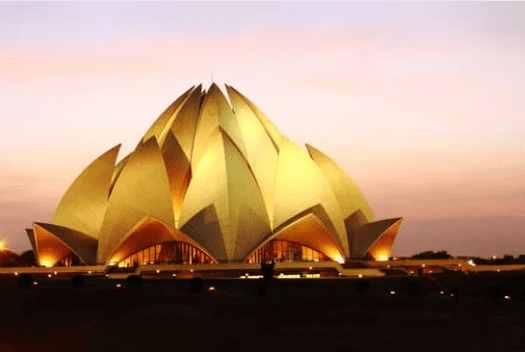Ridván (pronounced: reed-VAHN) is a 12-day festival in the Bahá'í Faith, one of the most significant events in the Bahá'í calendar. It is important to note that on the three Holy Days of Ridván (the 1st, 9th, and 12th days), Bahá'ís are advised to abstain from work and school to focus on spiritual activities.
Meaning:
The word "Ridván" means "paradise" in Arabic. The festival commemorates the period in 1863 when Bahá'u'lláh, the founder of the Bahá'í Faith, proclaimed that he was the latest messenger from God, following in the line of previous prophets like Moses, Buddha, Jesus, and Muhammad.
Timing:
The festival spans from April 21 to May 2 every year. Three specific days within this period are especially important and are observed as Holy Days when work is suspended: the 1st, 9th, and 12th days.
Origins:
The festival's name comes from the Garden of Ridván near Baghdad, where Bahá'u'lláh stayed for 12 days in 1863. During this time, he announced his mission to his followers and the broader public.
Traditions of Ridván:
Prayer and Reflection: Bahá'ís use this period for prayer, reflection, and meditation on the significance of Bahá'u'lláh's mission and teachings.
Community Gatherings: Local Bahá'í communities often come together for devotional meetings, artistic performances, and discussions related to the significance of Ridván.
Ridván isn't just a celebration of Bahá'u'lláh's declaration. It also marks the time when he introduced some key principles of his teachings, such as the oneness of all major religions and the unity of humanity.
It's a period of joy, celebration, and renewal of one's commitment to the principles of the Bahá'í Faith.
In essence, Ridván is a pivotal and joyous period for the Bahá'í community worldwide, allowing believers to connect deeper with their faith's core teachings and to strengthen their bond with their communities.

